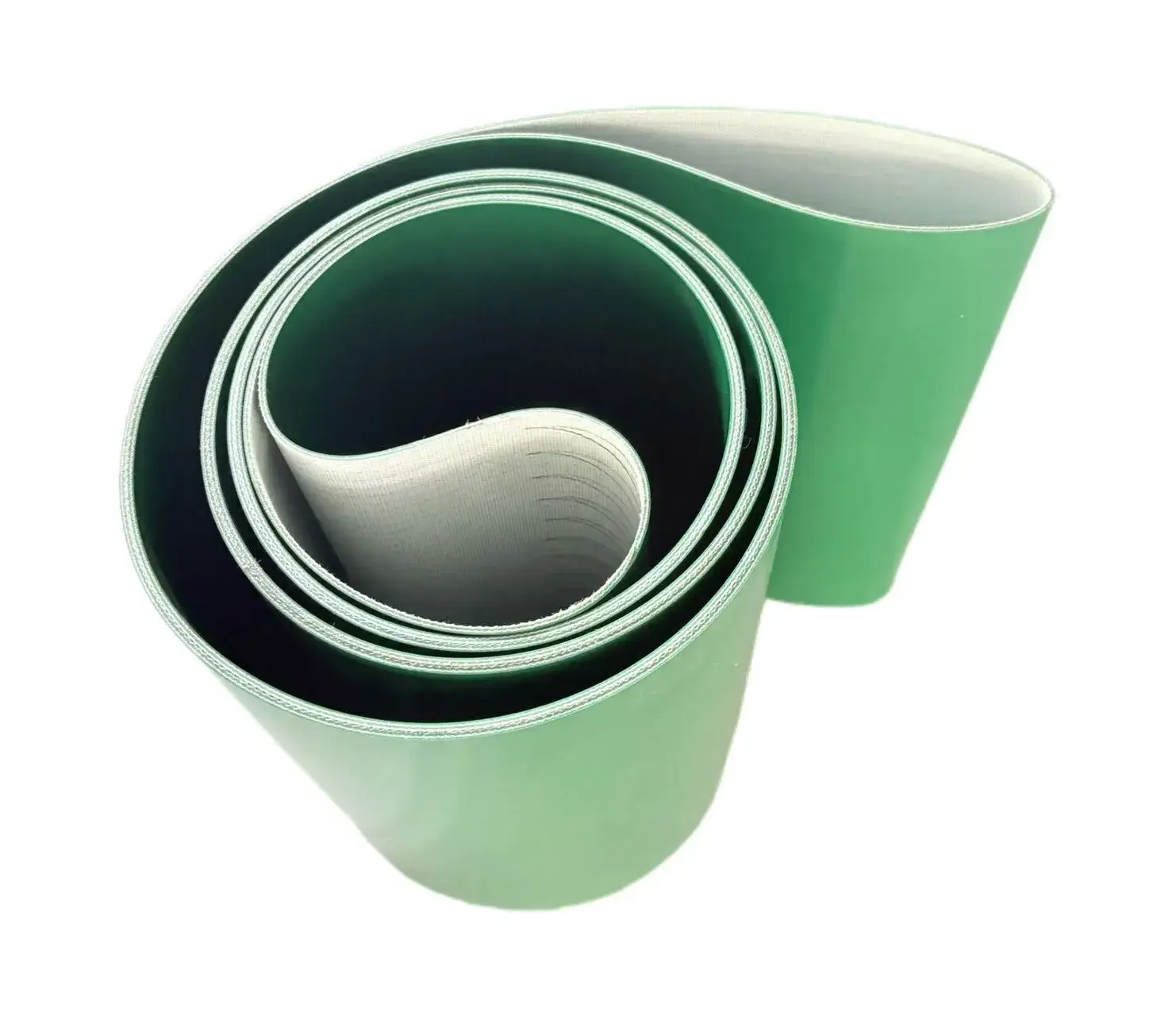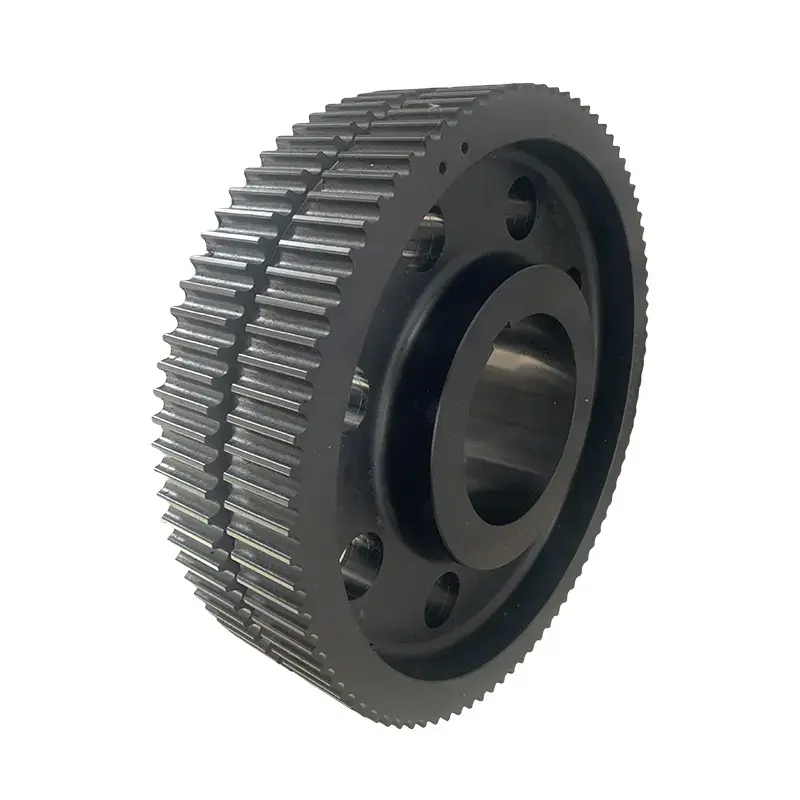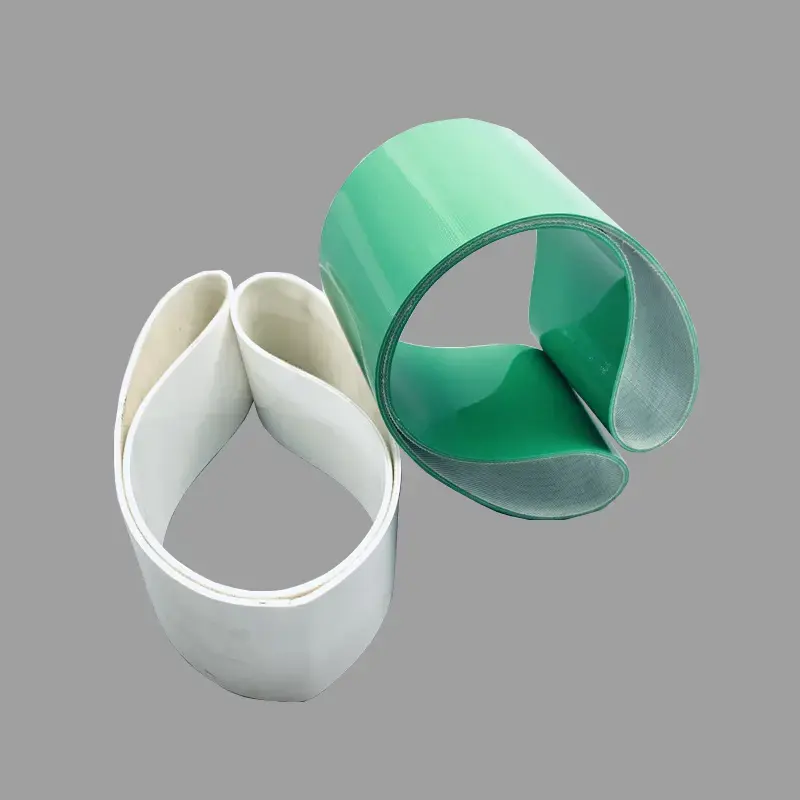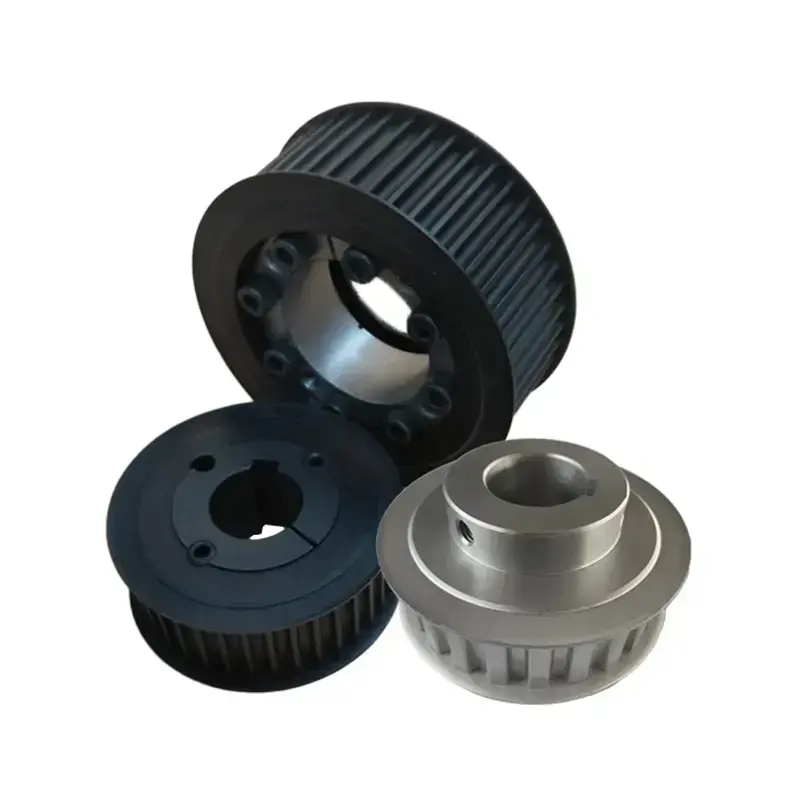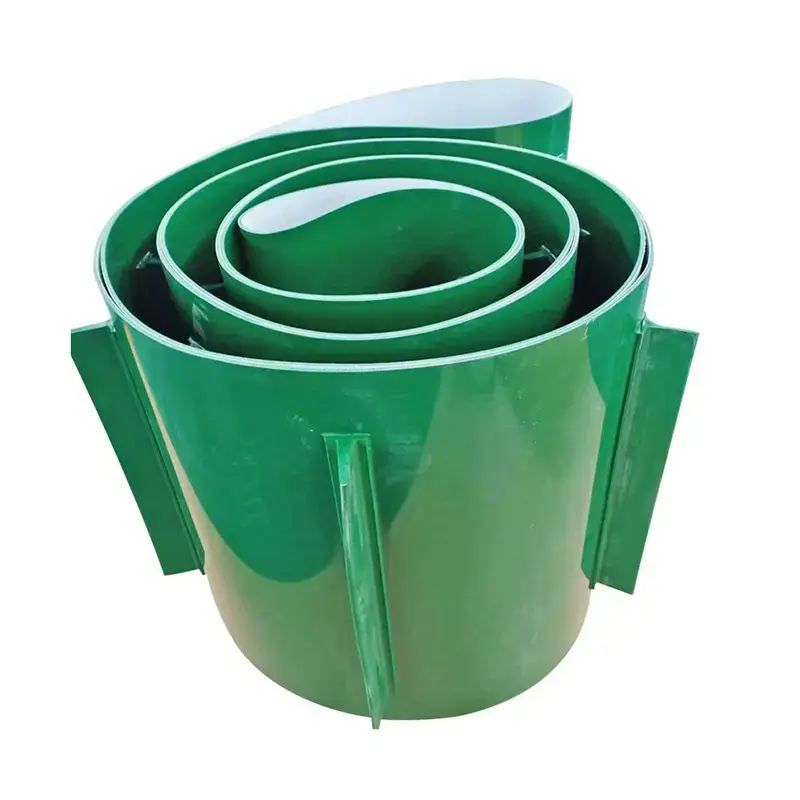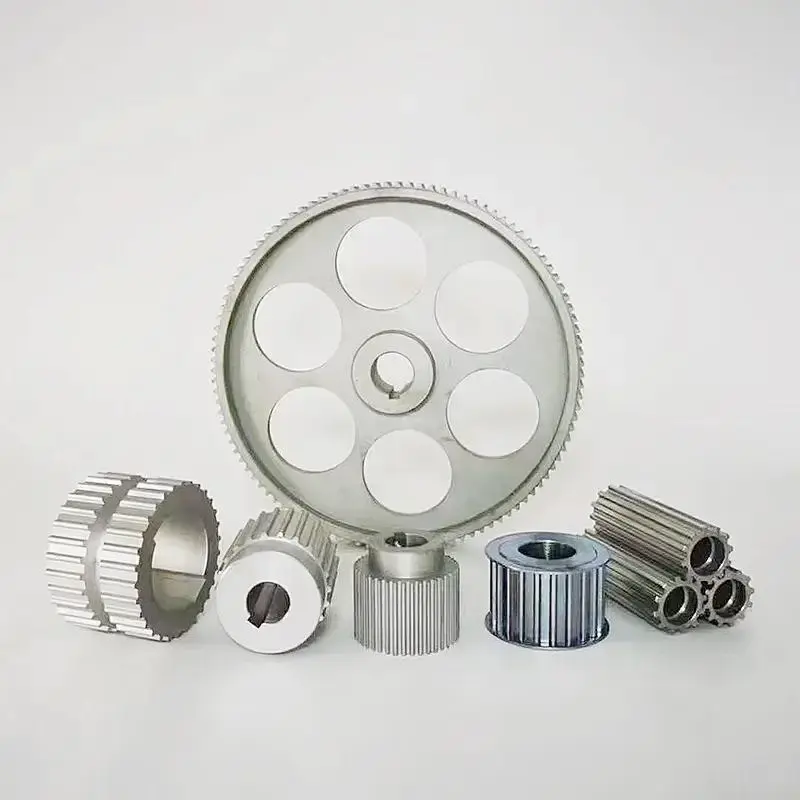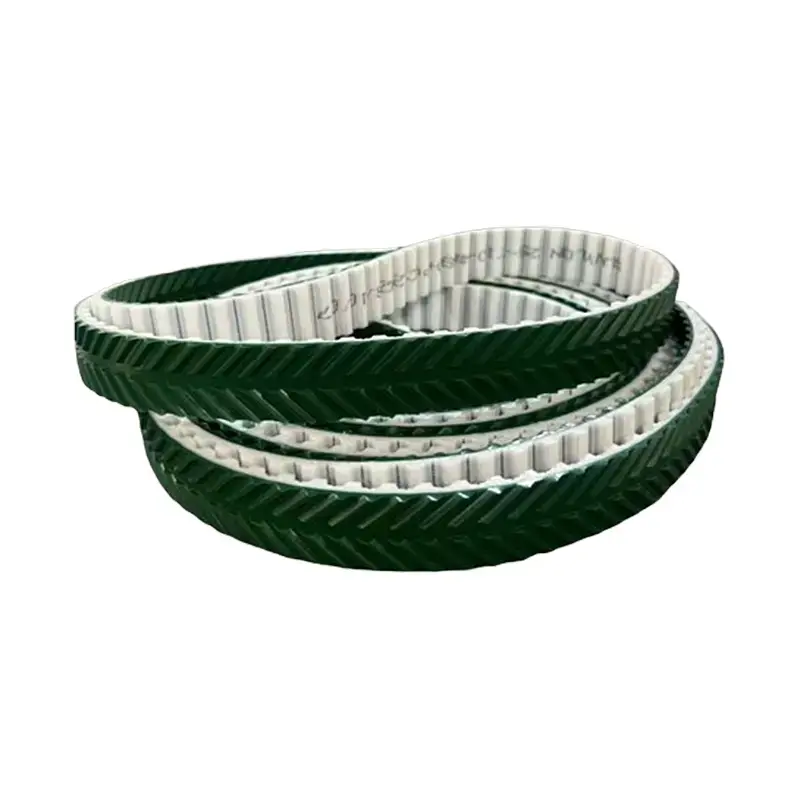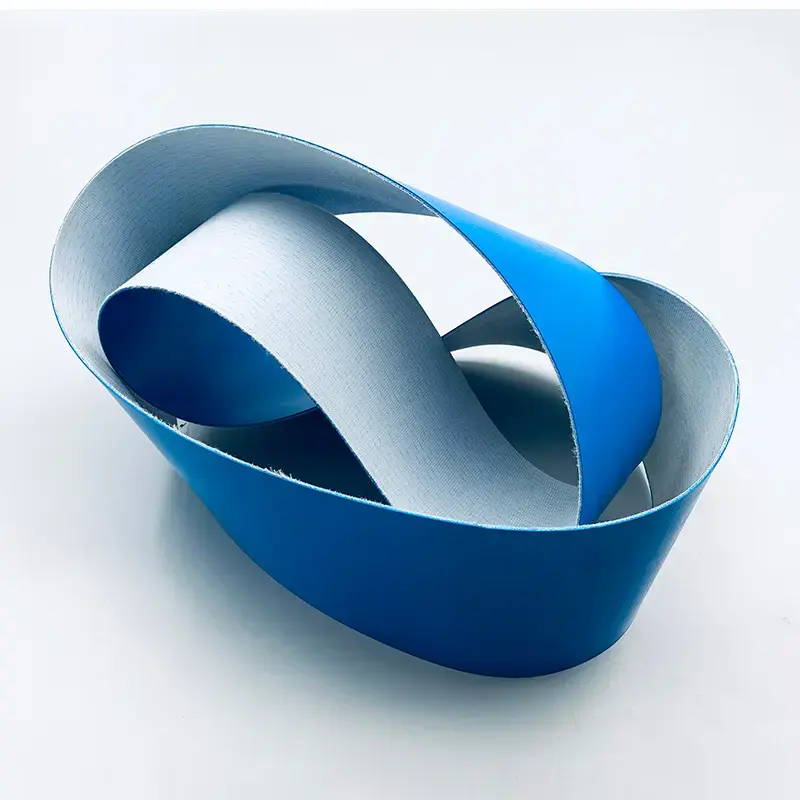 +86-19862000127
+86-19862000127 Incline Conveyor: Enhancing Efficiency in Material Handling
In modern industrial and manufacturing environments, the Incline Conveyor plays a critical role in optimizing the movement of goods across different elevations. Efficient material handling reduces labor costs, improves workflow, and ensures safe transportation of products. For B2B stakeholders, understanding the design, applications, and benefits of incline conveyors is essential to boost operational efficiency and productivity.
Overview of Incline Conveyor
An incline conveyor is designed to transport materials upward or downward between different heights. It is commonly used in warehouses, production lines, and packaging facilities to connect workstations or storage areas efficiently.
Key Applications
-
Manufacturing Plants: Move components between assembly lines and storage
-
Warehouses and Distribution Centers: Facilitate loading and unloading of goods
-
Food and Beverage Industry: Transport packaged goods, raw materials, or bottles
-
Automotive Industry: Move heavy parts between production stations
-
Recycling and Waste Management: Transport waste materials or recyclable products
Benefits of Incline Conveyors
-
Space Optimization: Efficiently connects different vertical levels in compact spaces
-
Labor Reduction: Minimizes manual lifting and handling
-
Customizable Design: Adjustable angle, length, and belt type according to material type
-
Improved Safety: Reduces workplace injuries associated with manual handling
-
High Efficiency: Maintains steady flow of goods, increasing overall productivity
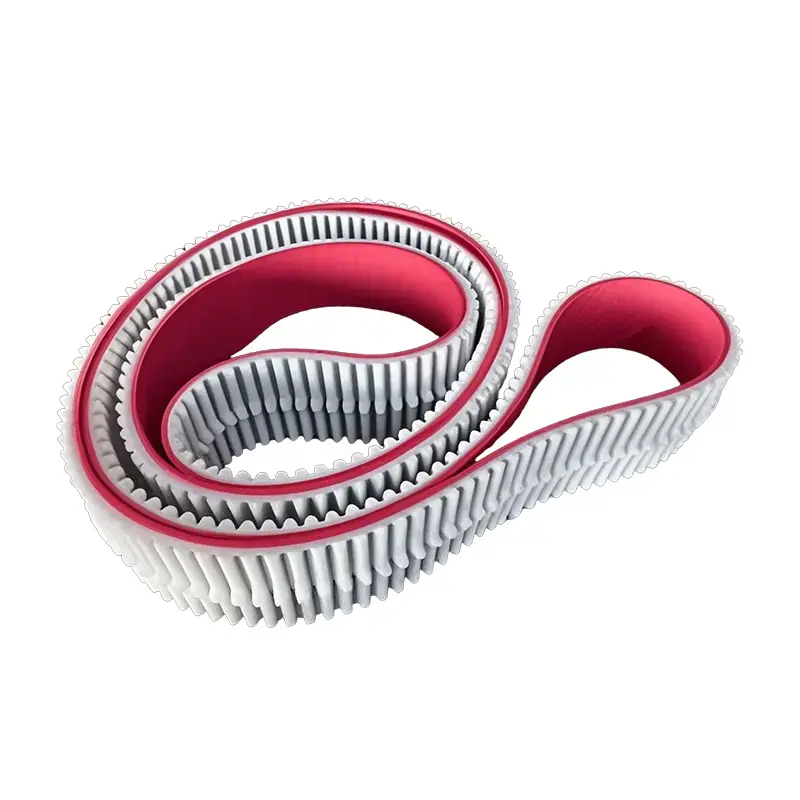
Design Considerations
-
Belt material compatibility with transported goods
-
Maximum load capacity and incline angle
-
Motor power and speed control options
-
Safety features such as guards, sensors, and emergency stops
-
Maintenance accessibility for long-term operation
Conclusion
Incline conveyors are indispensable in modern industrial operations, offering improved material flow, operational efficiency, and safety. Selecting the right incline conveyor for specific applications ensures optimized space utilization, reduced labor costs, and consistent productivity. For B2B companies, investing in high-quality incline conveyors is a strategic decision to streamline manufacturing and logistics processes.
FAQ
Q1: What is an incline conveyor?
A1: It is a conveyor system designed to transport materials upward or downward between different heights efficiently.
Q2: Which industries use incline conveyors?
A2: Commonly used in manufacturing, warehousing, food and beverage, automotive, and recycling industries.
Q3: What are key considerations when selecting an incline conveyor?
A3: Load capacity, belt type, incline angle, motor power, and safety features.
Q4: How do incline conveyors improve productivity?
A4: They reduce manual labor, maintain a steady flow of materials, and connect different workstations efficiently.






